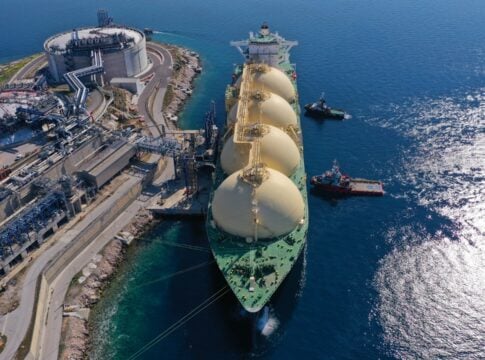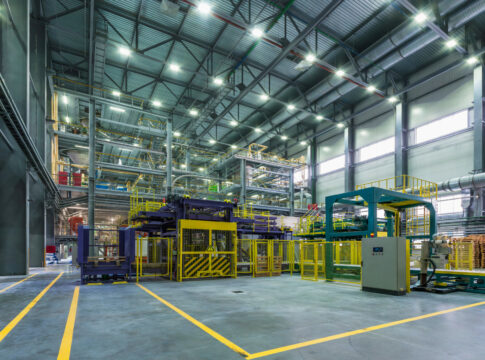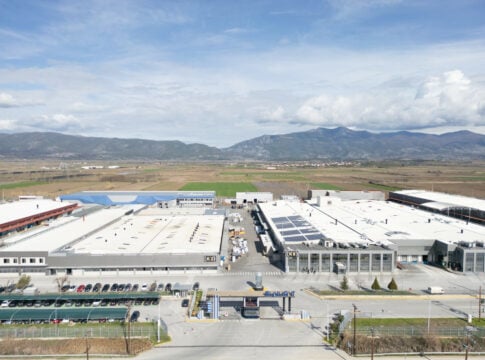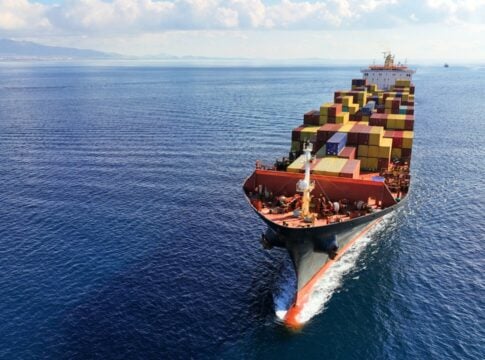Greek businesses are expected to maintain their high growth rates in 2024, with construction and IT playing a leading role in terms of dynamics, based on the resources of the Recovery Fund. According to a survey by the Directorate of Economic Analysis of the National Bank of Greece (NBG), the Greek business sector continued its upward course during the second quarter of 2023. Despite the challenging international environment and the disastrous consequences of climate change in the country, the NBG analysts estimate that Greek businesses will maintain their resilience, gradually accelerating in 2024, in parallel with the diffusion of the resources of the Recovery Fund into the economy.
Greek businesses’ performance
More specifically, business sales during the second quarter of the year recorded an annual increase of 5.5% in deflated terms. Despite the slowdown compared to the first quarter (8.1% annual growth), performance remains higher than in its previous growth phase (1.5-2% per year, during the period 2001-2008). This positive picture is confirmed by a series of relevant indicators, such as employment (+9.8% annually in the first seven months) and investments (+8% annually in the second quarter). These performances, as pointed out in the analysis, allowed the Greek company to maintain the share it gained in the previous months in the European market.
The sectors that stand out
Focusing on sector-level performance, it is extremely positive that in the dynamic sectors of construction and IT, Greek companies continued to gain shares in Europe. The increased investment needs in these sectors (which are also strengthened through the Recovery Fund) fueled the demand in their wider clusters – with dynamic performances being noted in sectors such as real estate, architects and R&D (reflecting the path of transformation of the Greek economy).
Industries under pressure
A relative deterioration was recorded in the retail trade (mainly food) and transport sectors, which continue to experience high inflationary pressure with negative effects on demand and profit margins. At the same time, the industrial sector came under pressure (-1% in deflated terms), mainly under the influence of weak European demand compared with 1.7% on average in the previous decade. It is noted, however, that the industry shows the highest share replenishment in the EU, having already recovered 40% of what was lost due to the economic crisis (compared to 20% for the rest of the sector).














